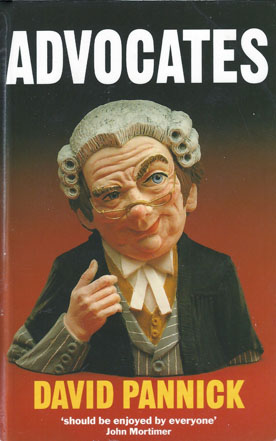
Out Of Print
The task of the advocate in a court of law is to propound views to which he does not necessarily subscribe, and which are sometimes anathema to him, on behalf of clients whose conduct may not interest him, will often offend him, and can occasionally cause him outrage.
In this eye-opening account of the advocate's role, David Pannick considers the principles, practice, and morality of a profession that is often maligned and frequently misunderstood. He assesses the problems posed by clients, judges, and other lawyers and suggests desirable reforms of the law and the legal system.
With the help of many entertaining examples from the British and American courts and elsewhere, the author offers an insight into what the advocate should and should not do on behalf of his client.
Some advocates will go to great lengths in order to win a case: tears, a rendition of 'Home, Sweet Home' and other more desperate measures may not convince a judge who regards counsel as a 'despicable son-of-a-bitch'. Nor is it wise for the advocate to announce that he will condense his closing address to the jury because he wishes to move his car by five o'clock.
Many advocates must wish for the wit, charm, and eloquence of their most famous fictional representative, Horace Rumpole, when making an appearance in court, and Rumpole's singular abilities and foibles are here set alongside those of his real¬life counterparts.
David Pannick makes his case in defence of advocacy, arguing that it has an essential morality that justifies its practice, excuses its excesses, and makes intolerable any society which lacks its presence. At a time when legal reform is resulting in wide-ranging changes to practice in the lawcourts, Advocates is the perfect introduction to this important subject for layman and lawyer alike.